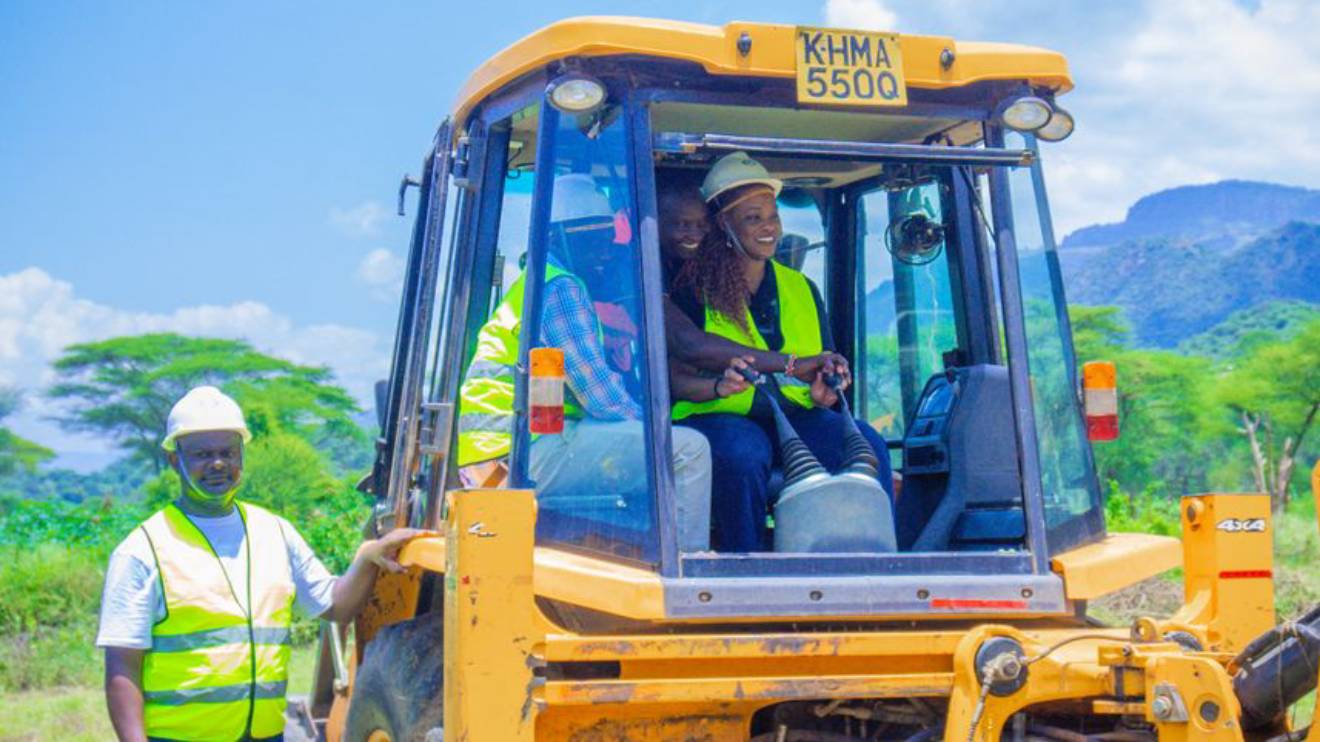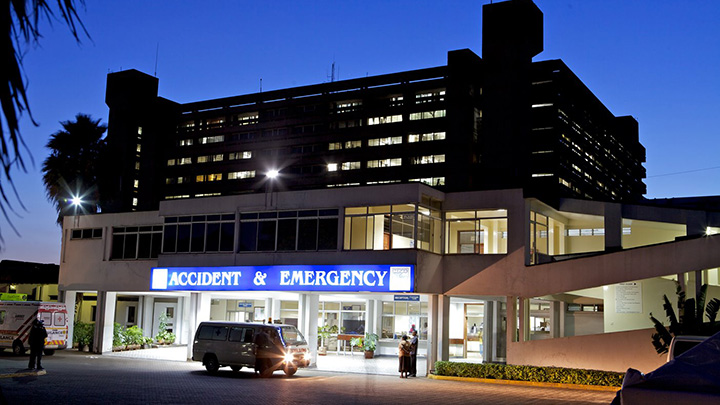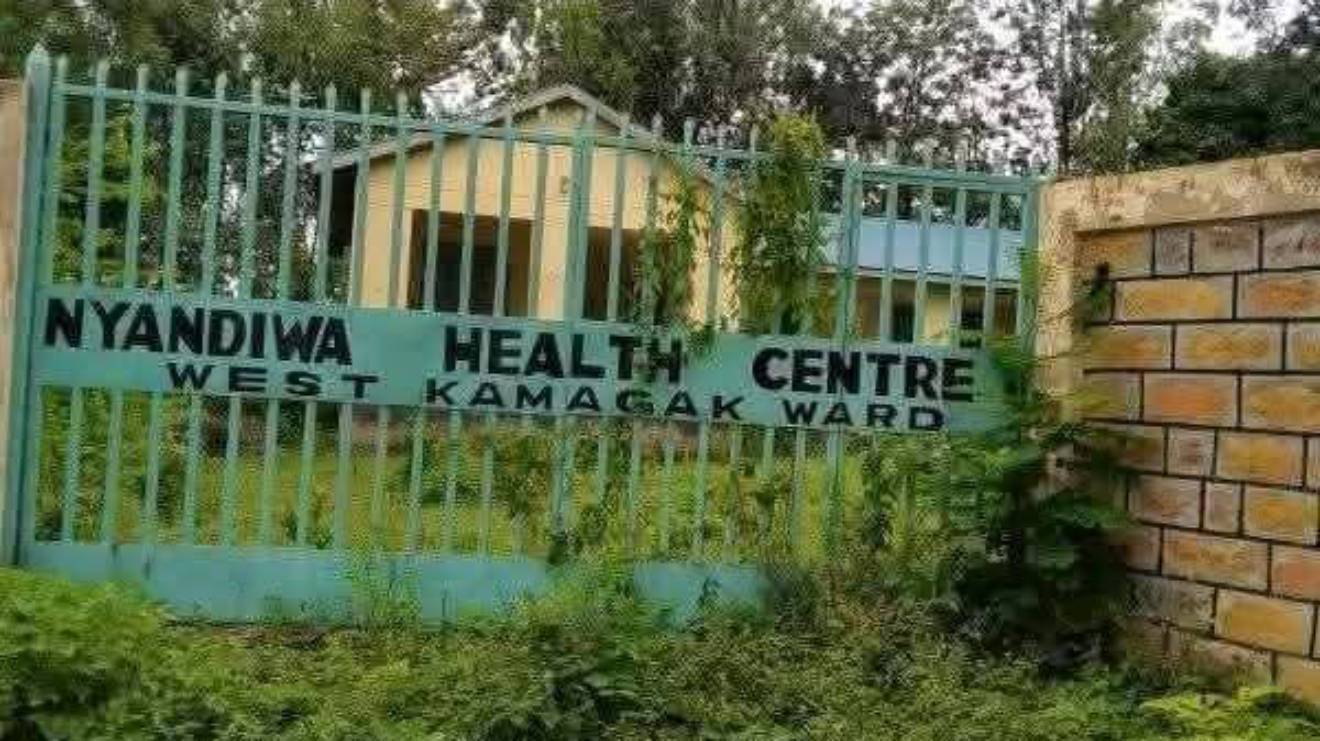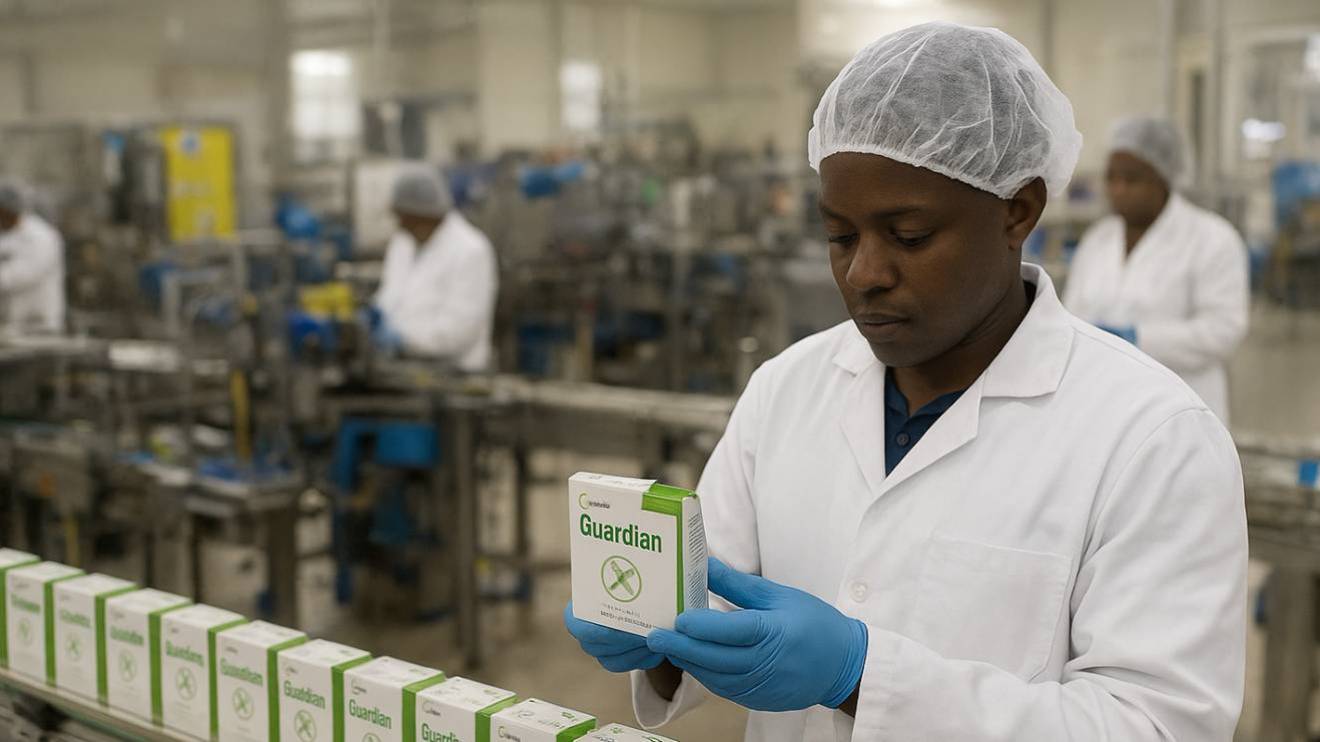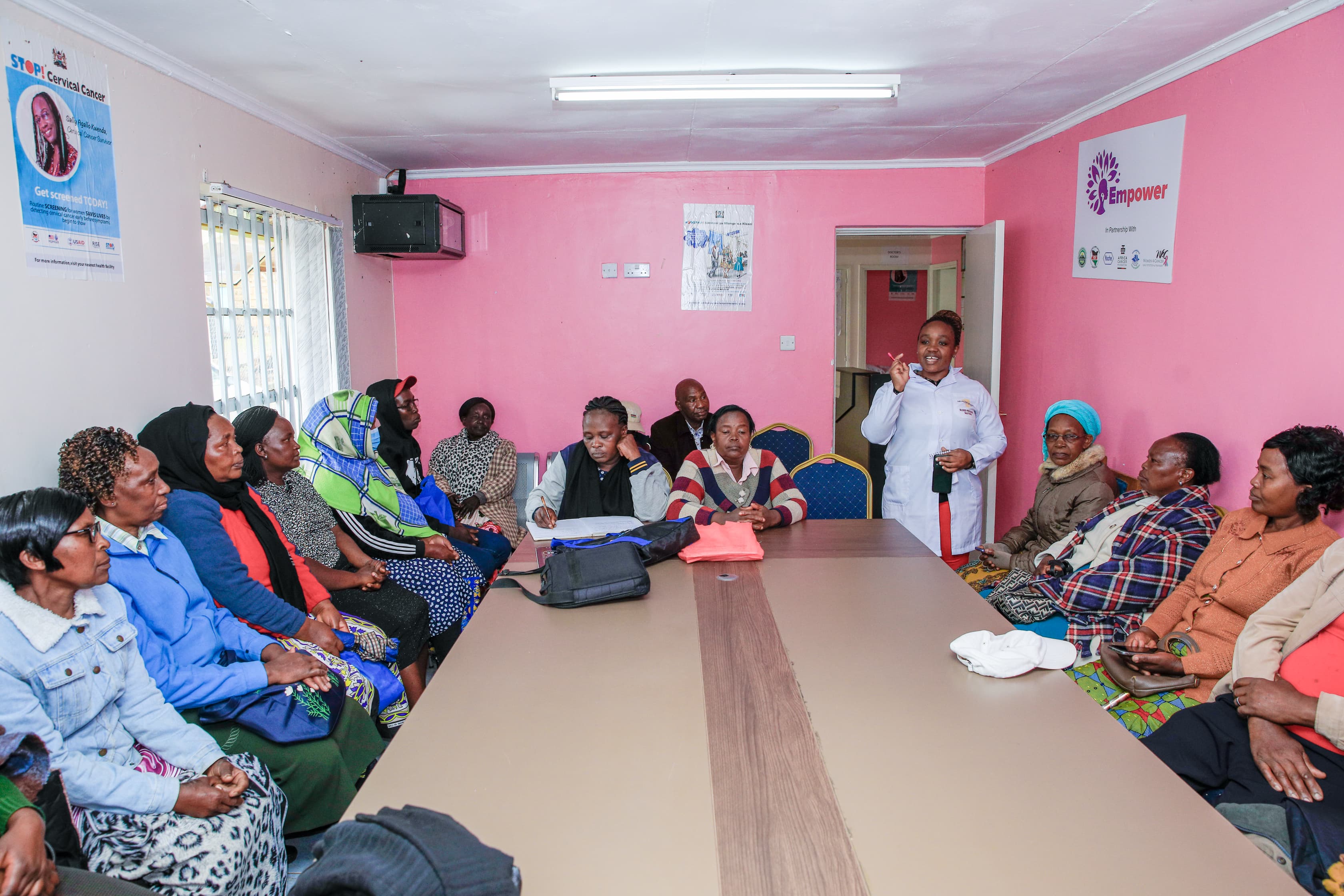The Inaugural Conference on Brain Health and Dementia has set the stage for crucial discussions on addressing the continent's growing dementia crisis.
Hosted by Aga Khan University’s Brain & Mind Institute in collaboration with The Davos Alzheimer’s Collaborative (DAC) and Nature Conferences, this landmark event brings together global experts to tackle pressing issues in dementia research and care.
Themed "The Future of Dementia in Africa: Advancing Global Partnerships," the conference aims to explore the unique challenges faced by Africa in the realm of dementia.
Key issues include limited resources, diverse healthcare infrastructures, and the need for heightened awareness and education.
A particular focus will be on studying the genetics of dementia in African and underrepresented populations.
Read More
The event will address the discrepancies between genetic research in African and Caucasian populations, highlighting how these gaps limit the effectiveness of targeted therapies.
George Vradenburg, Founding Chairman of the Davos Alzheimer’s Collaborative, underscored the significance of this research.
“These studies exemplify why we champion diverse genetic research in dementia. Each insight brings us closer to revolutionizing Alzheimer’s prevention and treatment globally. This conference marks a pivotal step towards inclusive, effective solutions for brain health across all populations," Vradenburg stated.
With Africa’s elderly population projected to triple by 2050, the urgency of addressing dementia care gaps is more pressing than ever. Globally, an estimated 150 million people are expected to live with dementia by mid-century.
In sub-Saharan Africa alone, the number of people with dementia was 2.13 million in 2015 and is anticipated to rise to 3.48 million by 2030 and 7.62 million by 2050.
Prof. Zul Merali, Director of the Brain & Mind Institute at Aga Khan University, emphasised the timeliness of the conference and the need for comprehensive interventions.
"As we look at the unique challenges faced in addressing dementia in Africa, we must be alive to the important aspect that capacity building is needed in the global south in order to enable early detection of the disease," Merali stated.
"We must also understand that lifestyle changes are important in changing the trajectory of dementia, and this is something that we must keep communicating to the public.”
The conference is set to foster new partnerships between African researchers and global counterparts, leveraging Africa's evolving healthcare landscape to advance brain health solutions.

